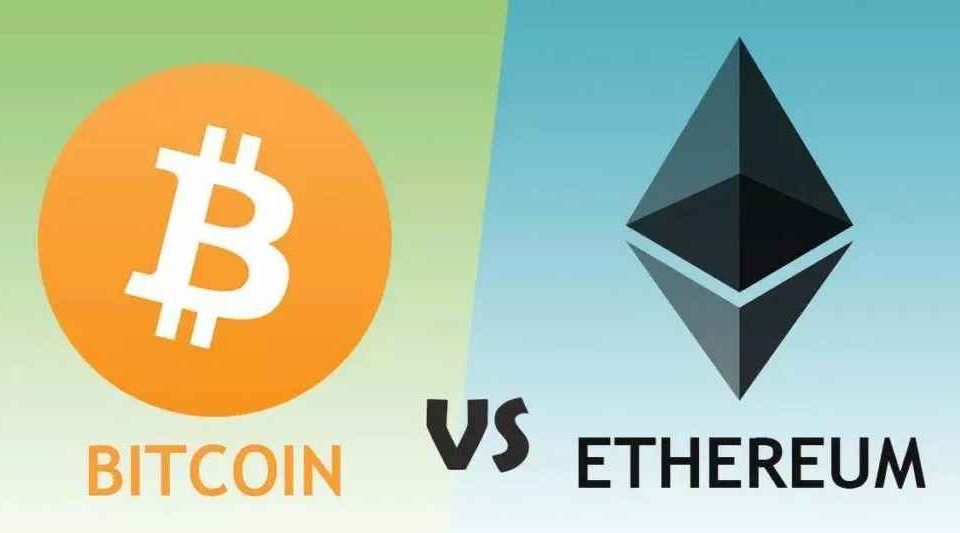Cryptocurrency exchanges are platforms where traders may buy, sell, and convert various cryptocurrencies and non-fungible tokens (NFTs). They are required for digital assets to be exchanged at the current scale. Some exchanges give the most competitive pricing or speeds, while others specialize in financial items.
Continue reading to find out about the top cryptocurrency exchanges, how they function, and which one you should use.
Our top cryptocurrency exchanges for 2023
- Coinbase
- Bitstamp
- Kraken
- Pionex.US
- Bisq
1. Coinbase
Coinbase was chosen as the best crypto exchange for beginners because of its simple interface, rich instructional information on everything from blockchain to volatility, and powerful security measures.
If you’re familiar with cryptocurrency, you’ve probably heard of Coinbase. The exchange is one of the largest and most well-known in the United States, and the cryptocurrency platform does an excellent job of lowering the barrier to entry for new investors, with a simple onboarding procedure that eases customers into trading. At the same time, its user interface makes surfing the platform and handling cryptocurrency a breeze.
It’s important to note the exchange’s security measures as well: In accordance with the per-depositor FDIC coverage restrictions, Coinbase utilizes two-factor authentication on all versions of its platform, holds 98% of users’ cryptocurrency offline, and has an insurance policy to safeguard custodial accounts up to $250,000 in value. In spite of its higher costs, Coinbase is eventually worthwhile to attempt because of such strong security features.
2. Bitstamp
Because of Bitstamp’s incredibly competitive maker/taker costs, free bank account transfers, and robust cybersecurity, it is the finest cryptocurrency exchange for cheap fees.
Many cryptocurrency exchanges make cheap fee claims in an effort to get traders onto their platform, only to “catch” you with high transfer and withdrawal costs. With Bitstamp, which offers reasonable rates everywhere, this is not the case.
Of all the exchanges now functioning in the U.S., Bitstamp’s maker/taker fee schedule, which ranges from 0.30% to 0.00% and from 0.40% to 0.03%, respectively, is one of the most reasonable. Additionally, individuals with a 30-day trading volume under $1000 are exempt from any trading costs, which is a huge benefit for less committed traders. Individual cryptocurrency withdrawal costs are remarkably cheap, and ACH transfers are cost-free.
Bitstamp, one of the world’s oldest cryptocurrency exchanges, has a long history of operating securely and openly. It was the first cryptocurrency exchange to be granted a Payment Institution license in the European Union, and it now possesses a BitLicense given by the New York Department of Financial Services (NYDFS). Nonetheless, it’s worth noting that the corporation lost more than $5 million in a 2015 cyber assault that took months to reveal.
3. Kraken
We picked Kraken as the best cryptocurrency exchange for security due to its extensive security mechanisms and safeguards, which have allowed the firm to run smoothly from its start.
Kraken has been around for a while and is widely known — and appreciated — by many cryptocurrency traders worldwide. At first look, the exchange does not appear to have any distinguishing features: it is a jack-of-all-trades, offering more than 185 cryptocurrencies across a range of services such as spot trading, margin trading, staking, and futures.
If you look a little further, you’ll notice that Kraken excels at creating perhaps the safest digital ecosystem for trading your cryptocurrency. The exchange’s security features range from industry standard features like two-factor authentication and account timeouts to more specific solutions like PGP signed and encrypted email and global settings time lock.
All of the firms on our list use strong security measures, but Kraken’s are exceptional enough that the exchange has never been hacked on a major scale since it initially went online in 2011. This is an honor that few exchanges of its scale can claim, and it was made possible by its diverse information security management systems and user-facing security technologies.
4. Pionex
Because of its integrated auto-trading bots, cheap costs, and user-friendly interface, we picked Pionex.US as the best crypto exchange for automated trading.
Since its inception in 2019, Singapore-based Pionex has amassed a considerable online following thanks to a mix of low fees and a library of 16 built-in trading bots. Pionex.US, the platform’s US franchise, only allows for spot trading and has just 11 bots accessible, yet it is still the most comprehensive automated solution for cryptocurrency trading.
The bots on Pionex.US perform a range of tasks, including:
- Purchasing at the dollar cost average for a one-time sale
- Creating an index and automatically rebalancing your portfolio
- Several methods for purchasing low and selling high
Although it is not possible to trade with them using a sample account, most of the bots include an educational video and a full explanation on the exchange’s website. Users can also arrange a one-on-one onboarding session to better understand the bots.
Finally, Pionex.US, like its worldwide version, charges low maker/taker costs on spot trades. These range from 0.05% to 0% depending on the coin pairing and apply to both manual and automated trades.
5. Bisq
Bisq was chosen as the finest decentralized exchange because it best embodies the Bitcoin spirit by maintaining an open-source platform that is totally decentralized without limiting currency support.
Bisq, formerly Bitsquare, provides the sleek, user-friendly interface and extensive coin support of centralized exchanges to a decentralized ecosystem. The platform is built on open-source software, which means that its design is publicly available, and it is supported by personal savings and donations from its user community.
Bisq provides a decentralized ecosystem with a clean, easy-to-use interface and extensive currency support of centralized exchanges. The platform is built on open-source software, which means that its design is publicly available, and it is supported by personal savings and donations from its user community.
Furthermore, security features on the platform, like multi-signature and a security deposit system, improve the inherent safety and privacy of decentralized exchanges by guaranteeing that both parties behave honestly and have total control of their cash during the trading process.
How do crypto exchanges work
The majority of cryptocurrency trading platforms serve as brokers, standing in as go-betweens for buyers and sellers. Users have the option of funding exchanges with cash to purchase cryptocurrencies or depositing their own coins to engage in spot trading from one cryptocurrency to another.
Similar to when changing traditional currencies at a bank (for instance, changing USD to EUR), traders can anticipate paying a charge when converting one cryptocurrency to another. Exchanges may take a variety of payments in exchange for digital currencies, including gift cards, ACH transfers, Visa debit cards, money orders, and credit card payments.
You may withdraw your crypto assets and move them to another wallet of your choosing using dedicated crypto and bitcoin exchanges. Others, particularly those that specialize in other assets such as stocks and ETFs, such as Robinhood and eToro, allow you to acquire cryptocurrency but not move it out of their online wallets.






